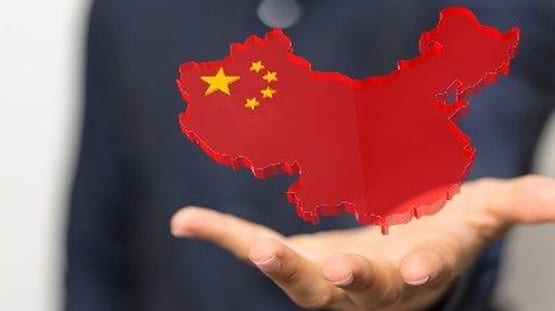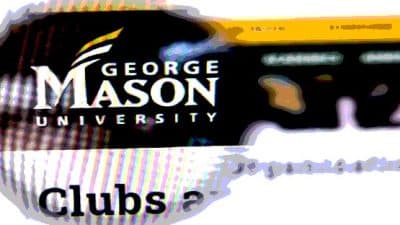
More than 100,000 individuals from China’s Xinjiang Uyghur Autonomous Region are estimated to be working under forced conditions.
The situation has tainted global supply chains of goods ranging from clothing to technology products.
The Uyghur Forced Labor Disclosure Act, reintroduced by U.S. Reps. Jennifer Wexton of Virginia and Carlos A. Gimenez of Florida, would require publicly traded companies to review and disclose all information about any links their products have to the region.
“Products made with forced labor have no place on American store shelves,” Wexton said. “The American people deserve to know whether the clothes they wear or the technology they use every day was produced using forced labor. To make that happen we need greater scrutiny of goods sourced from the Chinese government’s prolific forced labor scheme involving the detention of tens of thousands of Uyghurs and other ethnic minorities. My Uyghur Forced Labor Disclosure Act takes the necessary next steps to build on major bipartisan progress Congress has made to stand up against the Chinese government’s exploitation of Uyghurs and crack down on this human rights atrocity.”
According to Gimenez, the Communist regime in Beijing “continues to profit off of forced labor and the ongoing genocide against the Uyghur people of East Turkestan. Our bipartisan Uyghur Forced Labor Disclosure Act is a landmark piece of legislation that codifies America’s commitment to freedom, democracy, and Human Rights by ensuring that products manufactured in Communist China, using forced and exploitative labor, are adequately labeled as such. As a Member of the Select Committee on Strategic Competition between the United States and the Chinese Communist Party, I look forward to continuing working across the aisle to protect America from the CCP’s deceptive, barbaric tactics.”
The legislation would direct the Securities and Exchange Commission to establish rules requiring publicly traded companies to release annual reports of all imported goods sourced from Xinjiang, including information about the commercial activity, gross revenue, net profits and future import plans for the goods, and whether they were produced in forced labor camps.
In June 2022, the Uyghur Forced Labor Prevention Act (UFLPA) went into effect, which intensifies the scrutiny of all imported goods whose supply chains include products from Xinjiang. The new legislation would build on last year’s legislation.
“The reintroduction of the Uyghur Forced Labor Disclosure Act holds immense significance for Uyghurs in the United States, including myself, who are well aware that the goods imported from China may be made with the forced labor of our family members. By holding companies accountable and ensuring transparency in supply chains, this bill will play a crucial role in identifying and addressing complicit actors, while ensuring the effective implementation of the Uyghur Forced Labor Prevention Act. The level of transparency expected in the bill is what consumers, investors, and stakeholders need in order to sustainably eradicate Uyghur forced labor from our supply chains forever,” said Executive Director of the Campaign for Uyghurs Rushan Abbas.
Since 1930, it has been illegal to importing goods and materials produced by forced labor to the United States. However, the lack of transparency in Xinjiang has made auditing supply chains nearly impossible and some international auditing organizations have ceased all operations in the region altogether due to the difficulty of fulfilling auditing standards.
One of the largest Uyghur diaspora populations in the nation is in Wexton’s district. She originally cosponsored the Uyghur Forced Labor Prevention Act, and earlier this year introduced the bipartisan Uyghur Human Rights Protection Act to designate Uyghurs as priority refugees and expedite their ability to apply for asylum in the United States.
“The world’s most profitable companies should not be able to hide whether they’re benefitting from Uyghur forced labor—it’s as simple as that. If the goal is to expose and eliminate forced labor from global supply chains connected to these corporate giants, this legislation would help do just that,” Omer Kanat, Executive Director of the Uyghur Human Rights Project, said.










